It is exceptionally tough to make a living playing chess competitively, and only a select few can make it work from just tournament winnings. Even most full-time chess players augment their incomes with teaching or content creation, as prize pools are neither large nor consistent enough to guarantee a stable income.
Despite the overblown numbers you will find around the internet regarding this topic, most chess grandmasters are less well-remunerated than their level of expertise in their chosen field would suggest. Let’s take the 2017 European Rapid Championship as an example, where over 75 grandmasters competed for a 4000 euro first prize. All costs included, their participation basically cost them 500 euros to join.
The absolute top-top-top players, the super-grandmasters who have crossed the 2700-rating barrier, may be able to net valuable sponsorship deals to augment their earnings, and special individuals like world champion Magnus Carlsen or streamer extraordinaire Hikaru Nakamura may have other strong flows of revenue, but actual competitive chess play isn’t really all that beneficial from a financial perspective for the rest of the elite.
Coaching makes up a large part of most strong players’ income, and they can charge anywhere from $40 to high triple-digit dollars per hour. They also get financial compensation for playing for their respective clubs in team competitions. This, plus the massive differences between the opportunities of a player in the Western world and elsewhere on the planet, makes it almost impossible to give a uniform answer about the incomes of the nearly 2000 grandmasters in the world.
However, the money is nowhere near as good as other sporting competitions’ elite players get to enjoy. Even strong grandmasters often decide to hang up their hats and change to a more lucrative field. A good recent example of this phenomenon is Paraguayan GM Axel Bachmann, who retired from professional play in 2017 with a 2650+ peak rating, saying the following:
“Temporarily retirement from high leveled competitions will allow me to devote more time to teaching – an activity that I enjoy a lot. I hope I will be able to share the knowledge and experiences that I acquired in competitions and during the many hours which I spent working with coaches and colleagues over the years.“
Much like with esports, competitive play requires a lot of traveling worldwide with accommodation costs and other issues to deal with but lacking the sponsors and orgs as backers to shore up the expenses. Even for a strong player, a downswing in performance would be made all the worse if it directly impacted their livelihoods. It is no wonder that most of the money Grandmasters make from chess comes from different avenues.


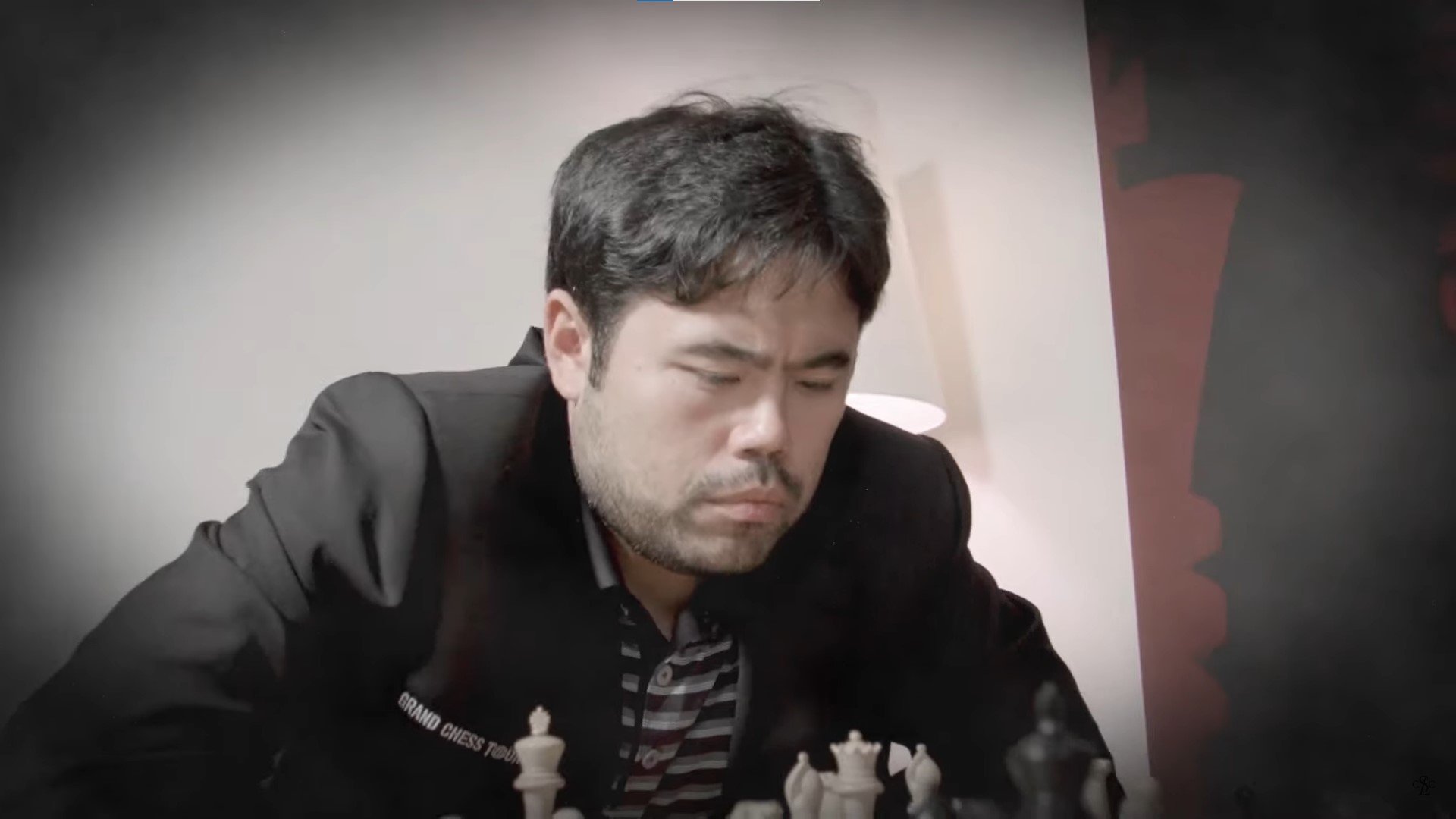
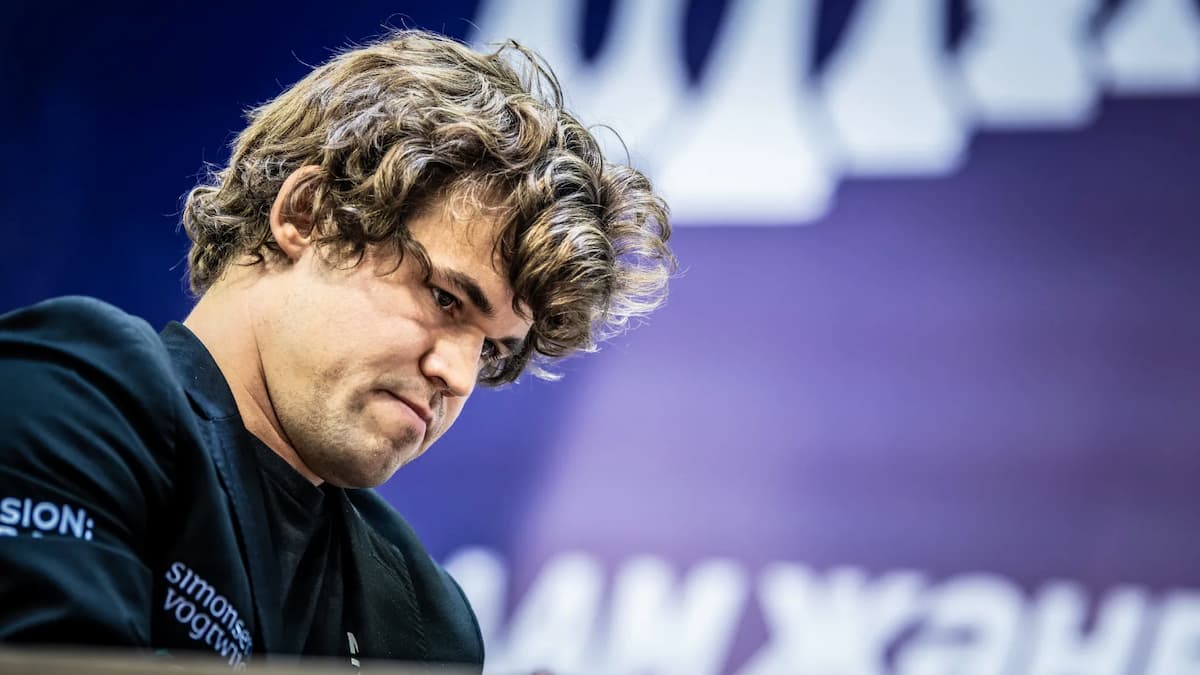
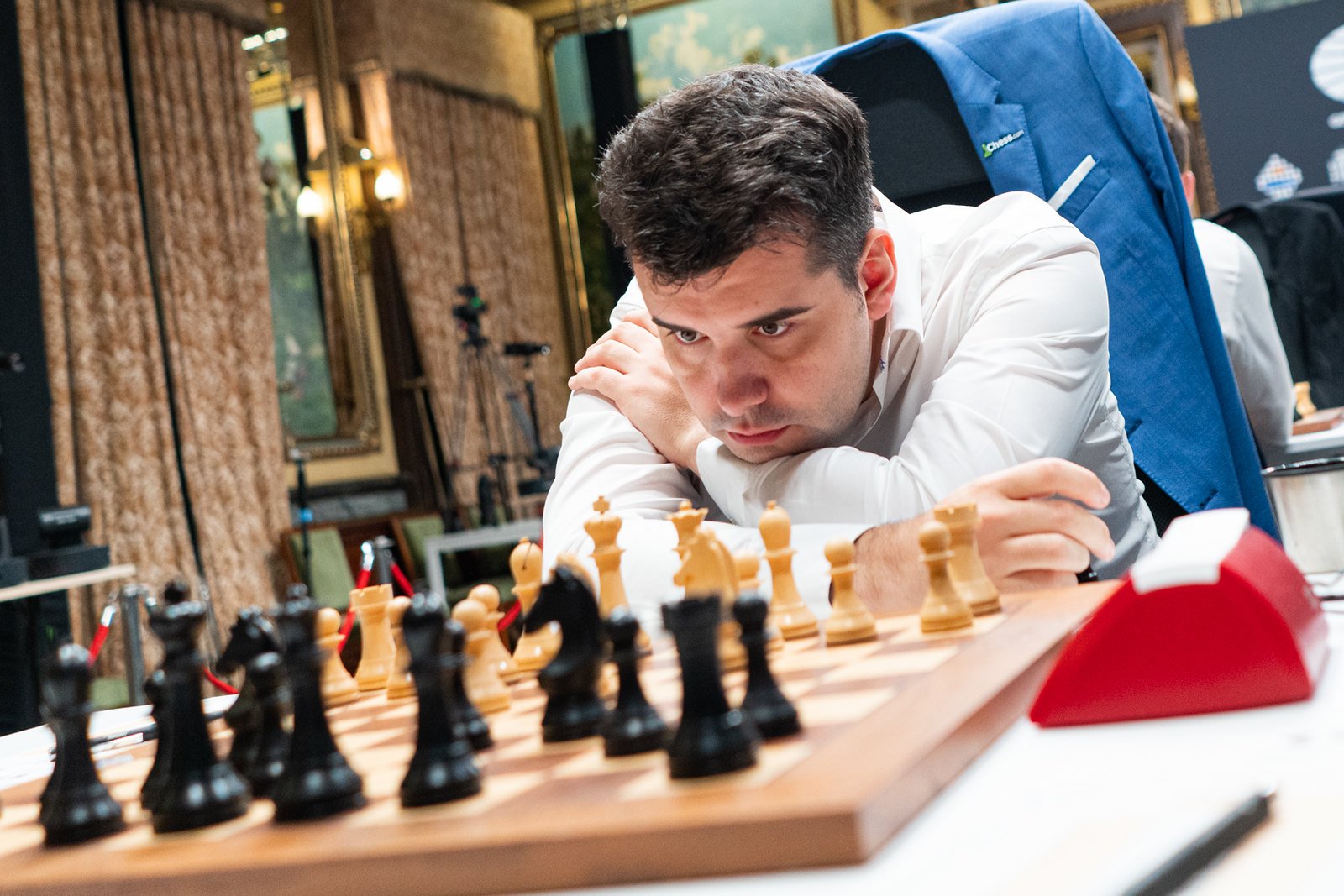

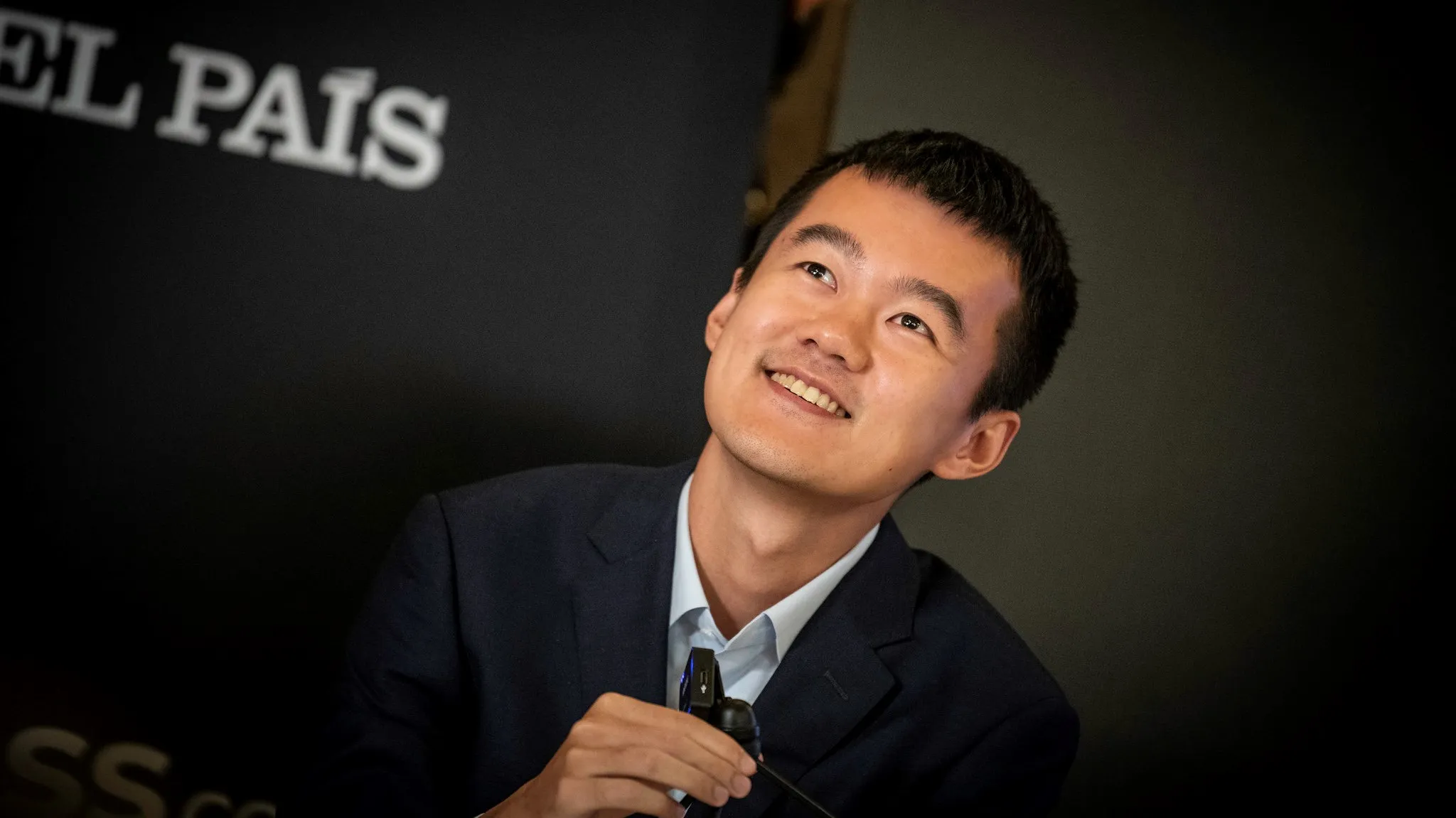

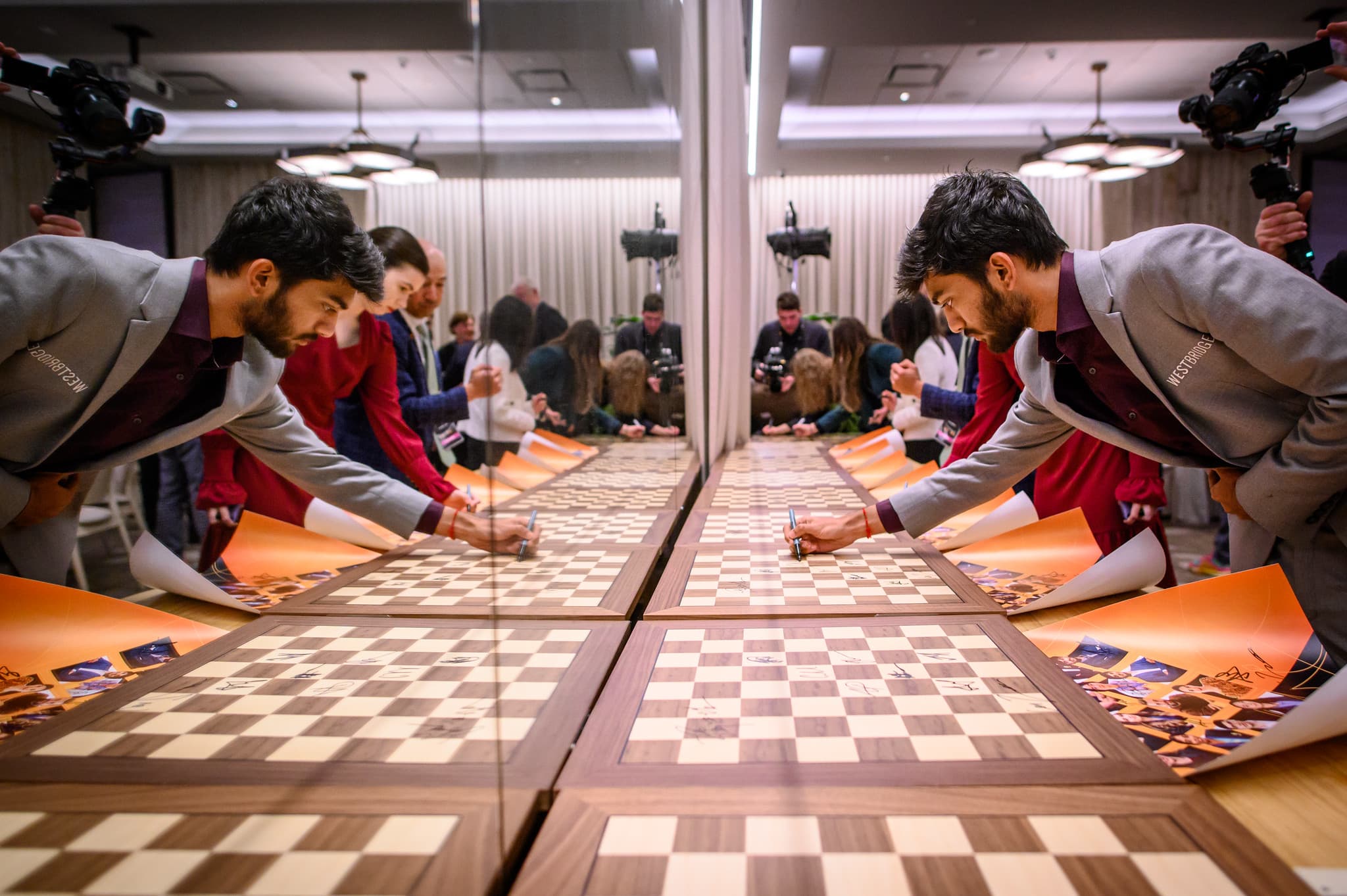

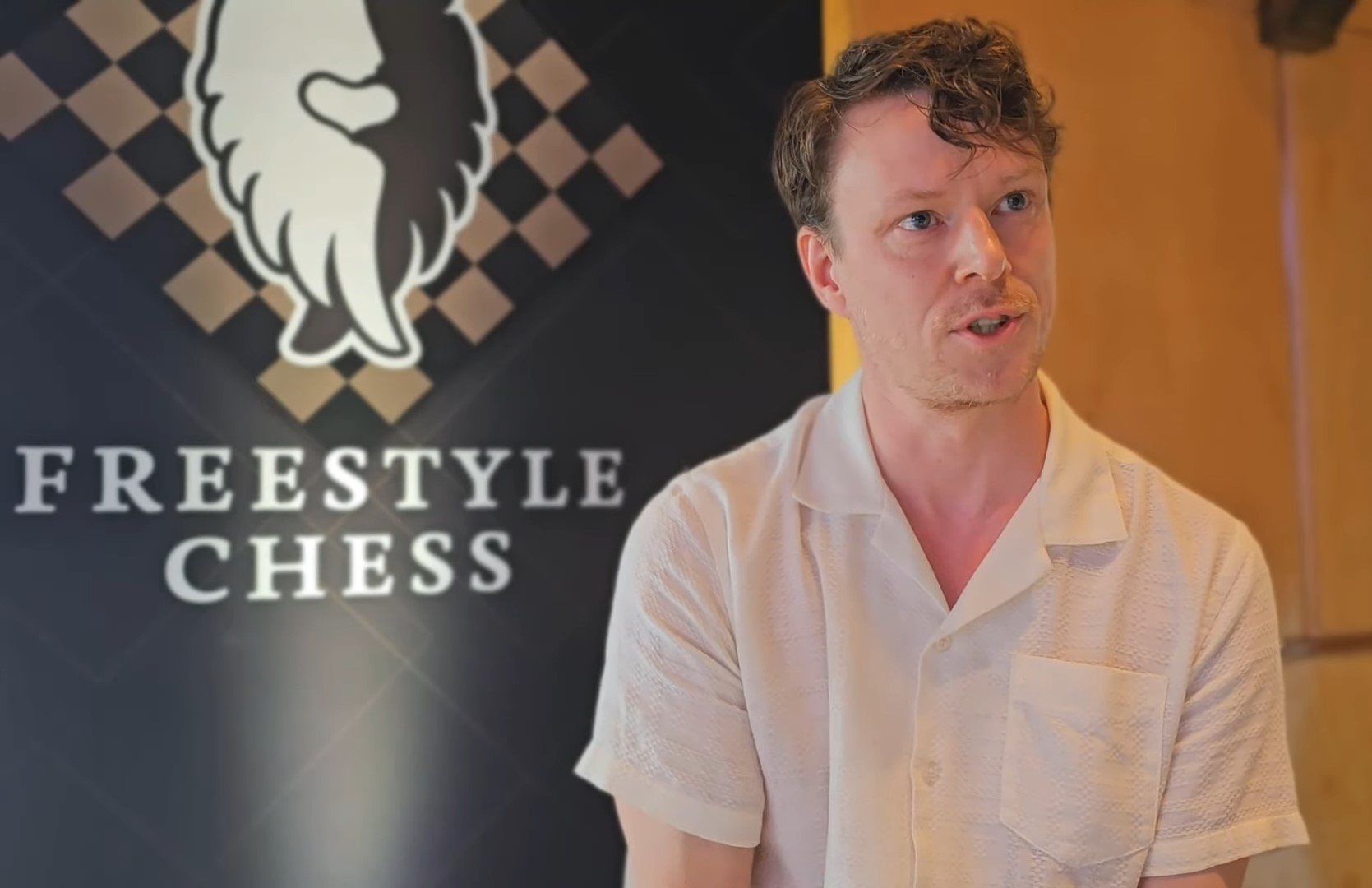

Published: Oct 29, 2022 04:37 pm